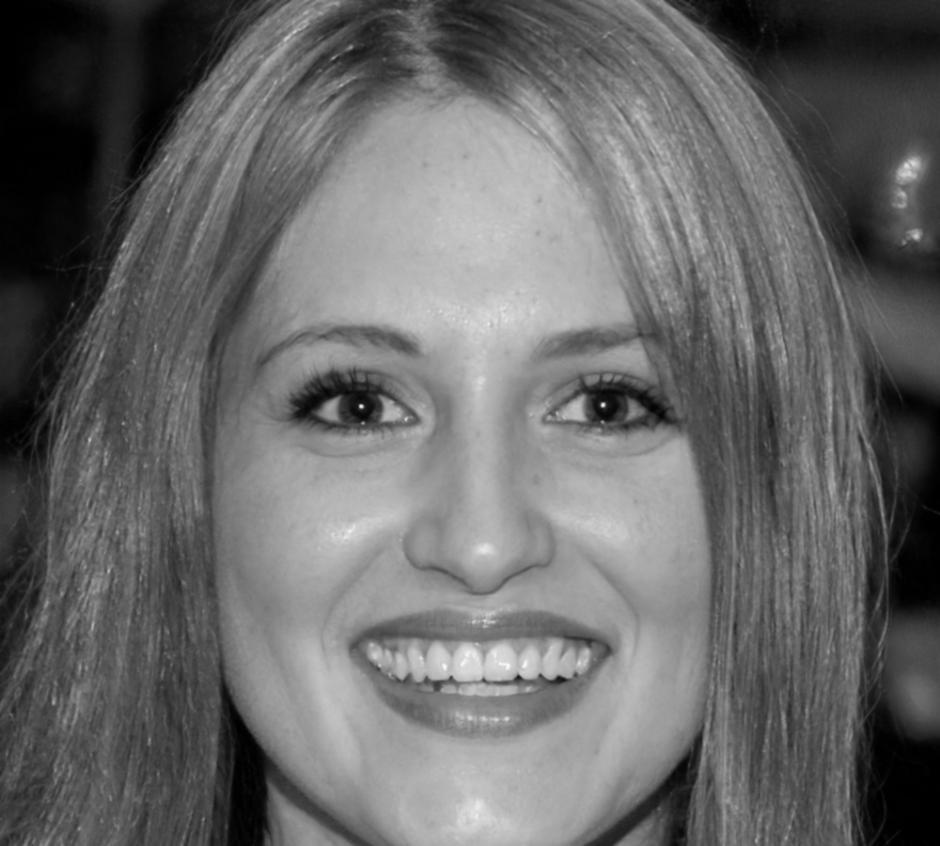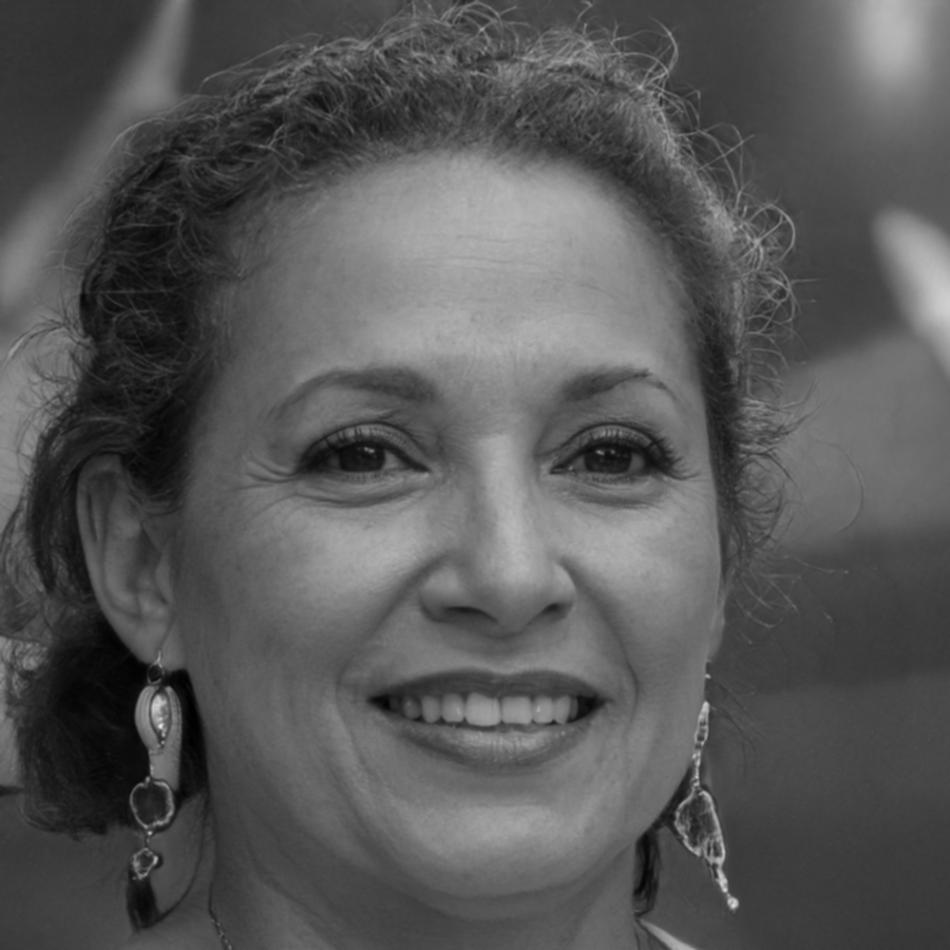UX Design Learning Pathway
Build expertise through structured modules that progress from foundational concepts to advanced practice. Our curriculum adapts to your pace while maintaining industry standards.
Foundation & Research Methods
Starting with user psychology and research fundamentals, you'll learn how people interact with digital products. This stage builds your analytical thinking and introduces you to the tools that inform every design decision.
User Research Techniques
Interviews, surveys, and observational studies that reveal user needs and behaviors
Data Analysis & Insights
Converting research findings into actionable design recommendations
Persona Development
Creating realistic user profiles based on research data
Journey Mapping
Visualizing user experiences across touchpoints and interactions
Design Systems & Prototyping
Moving from research to creation, you'll master the tools and methodologies that bring ideas to life. This phase emphasizes systematic thinking and iterative design processes.
Wireframing & Information Architecture
Structuring content and creating low-fidelity layouts for optimal user flow
Interactive Prototyping
Building testable prototypes using Figma, Sketch, and other industry tools
Component Libraries
Designing reusable elements that maintain consistency across products
Usability Testing
Running tests with real users to validate design decisions
Advanced Practice & Portfolio
The final stage focuses on real-world application and professional presentation. You'll tackle complex projects while building a portfolio that demonstrates your problem-solving abilities.
Complex Product Design
End-to-end design process for multi-feature digital products
Accessibility & Inclusive Design
Ensuring products work for users with diverse abilities and contexts
Design Strategy
Aligning design decisions with business goals and user outcomes
Portfolio Development
Presenting your work through compelling case studies and narratives
Assessment & Progress Tracking
Project Reviews
Structured feedback sessions where you present work to industry professionals. These reviews mirror real client presentations and help develop communication skills alongside design abilities.
Peer Critiques
Collaborative sessions where learners review each other's work. You'll practice giving constructive feedback while gaining fresh perspectives on your own designs.
Skill Challenges
Time-bound exercises that test specific competencies. These challenges simulate the fast-paced nature of design work and help identify areas for focused improvement.
Specialization Tracks
Mobile-First Design
Focus on touch interfaces, responsive design patterns, and mobile user behaviors. Perfect for those interested in app development and mobile-centric products.
- Native iOS and Android design patterns
- Progressive web app interfaces
- Touch gesture design and micro-interactions
- Mobile accessibility standards
Enterprise & B2B Systems
Complex workflows, data visualization, and productivity tools. This track prepares you for designing sophisticated applications used by professionals in their daily work.
- Dashboard and analytics interfaces
- Workflow optimization and automation
- Multi-user collaboration features
- Data-heavy interface design
Service Design & Strategy
Holistic approach to user experience across multiple touchpoints. Learn to design entire service ecosystems rather than individual digital products.
- Service blueprints and customer journey design
- Stakeholder mapping and ecosystem thinking
- Omnichannel experience design
- Business model integration with UX strategy
Learning Mentors

Kira Voss
Senior UX Researcher
Kira spent eight years at fintech startups, where she developed user research methodologies for complex financial products. Her approach combines quantitative analysis with deep user empathy.

Sage Montgomery
Product Design Lead
After leading design teams at three successful product companies, Sage brings practical insights about scaling design systems and managing design processes in fast-moving environments.

River Chen
Accessibility Specialist
River's background in assistive technology design gives her unique perspective on inclusive design practices. She helps teams understand how accessibility improvements benefit all users.